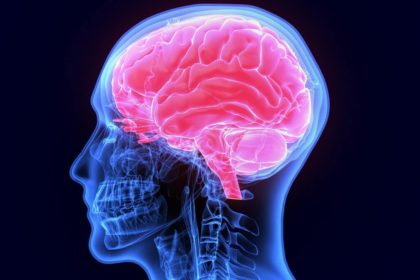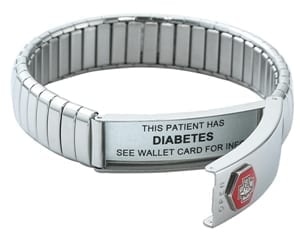A new study revealed that high cholesterol and high blood pressure are not only risk factors for heart disease, but for early memory loss as well.
Cardiovascular risk and cognitive function were tested in nearly 5,000 men and women over age 55.
The researchers studied participants for 10 years and found those with a ten percent higher risk of cardiovascular problems also scored poorly on cognitive tests.
The tests measured reasoning, memory, fluency, and vocabulary and the results were then compared to their Framingham risk score.
The Framingham risk score predicts an individual’s risk of a having a heart attack or dying from heart disease within the next ten years.
It’s based on a risk assessment calculation that includes age, total cholesterol, HDL cholesterol, systolic blood pressure*, treatment for hypertension (high blood pressure), and cigarette smoking.
The evidence suggests that if you actively manage your risks for stroke and heart disease early in life, you can also prevent or delay memory loss and dementia.
This study will be presented at the 63rd annual meeting of the American Academy of Neurology in April.
What Your Blood Pressure Reading Means
If your blood pressure reading is 120/80 mm Hg, your ‘systolic’ blood pressure is the number on top which is 120 in this example.
That’s the amount of force (pressure) exerted on your blood vessel walls at the moment your heart beats. When your heart beats, it’s forcing blood from your heart out into your blood vessels.
The higher your systolic pressure, the harder your heart is working to circulate your blood, and the harder it is on your blood vessel walls. The blood vessels can eventually burst open (a stroke) from the constant ‘wear and tear’ .





